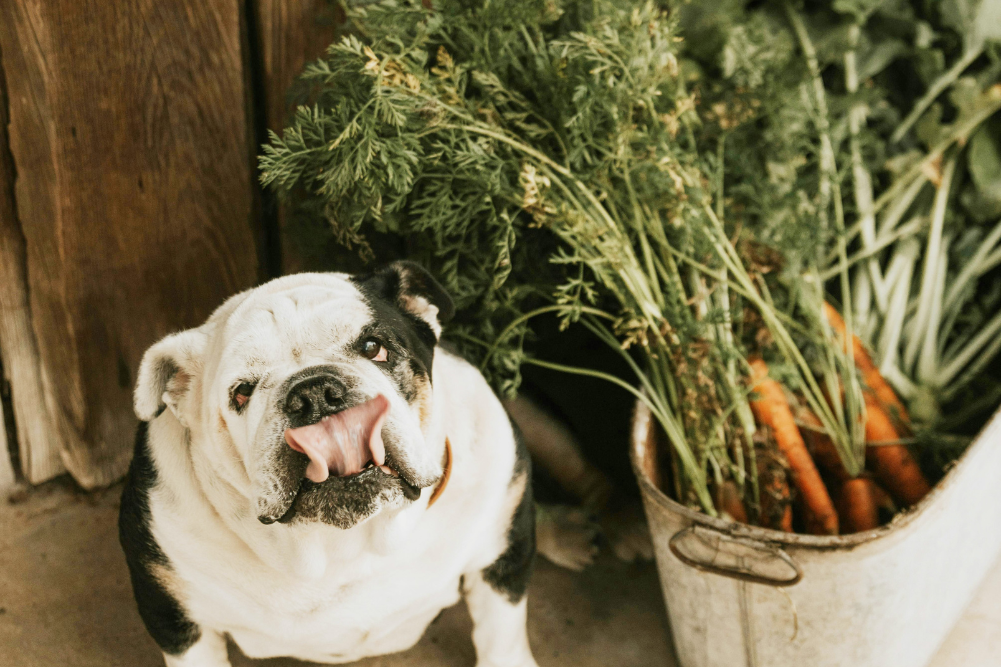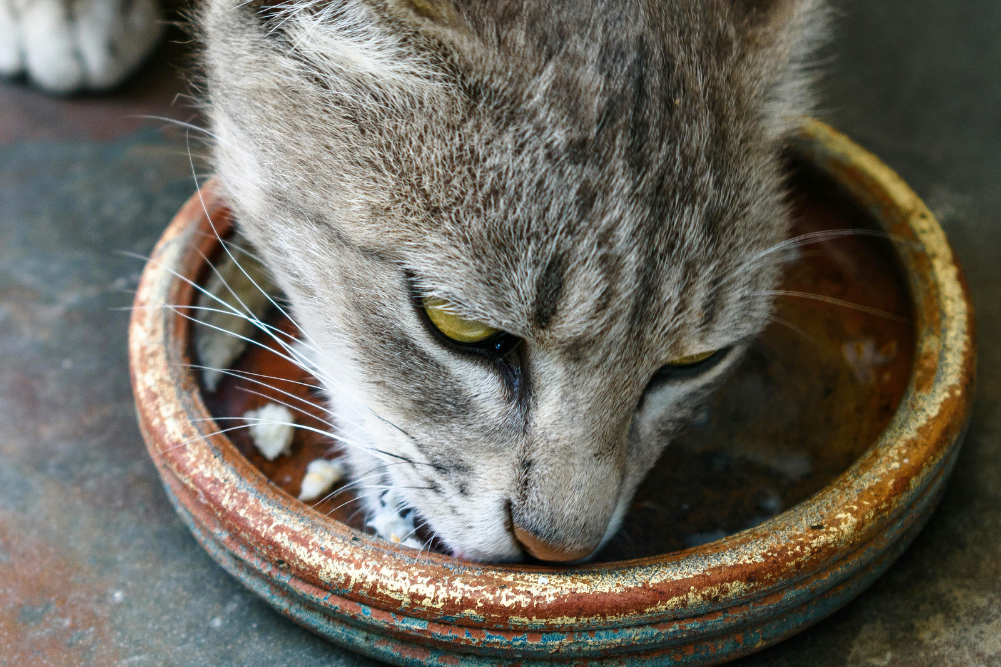Nutritional supplements for dogs and cats
If my dog or cat is on a balanced diet, why do they need supplements? This is a good question. Ideally, we rely on a balanced diet to provide essential nutrients. However, foods may lose their nutritional value due to prolonged storage. Lesser-quality diets are poorly absorbed. Homemade diets may be nutritionally incomplete.
Animals that are unwell or stressed may have higher needs for some vitamins and minerals. Nutritional supplements such as antioxidants and bioflavonoids may help prevent chronic disease. Joint support supplements or probiotics may be useful in treating some illnesses or provide other benefits.
Probiotics are live micro-organisms, which when ingested in large enough amounts can confer health benefits. To be effective, they need to survive the environment in the stomach, they need to be able to colonise the gastrointestinal tract and they need to work against pathogenic organisms and modulate the immune system.
Beneficial probiotic bacteria are found in good-quality yoghurt, although not in large enough numbers. It’s best to use good-quality veterinary supplements, but remember to keep them in the fridge to prolong their shelf life.
Probiotics can be used:
- To treat dysbiosis
- During antibiotic use (one hour after giving antibiotics)
- After a course of antibiotics (for at least one week)
- After anti-inflammatory medications
- In pets on a poor diet, who are stressed or who have been unwell
- As part of an integrative approach to chronic illness and cancer care (probiotics have been shown to help in the treatment of some tumours)
Fish oil is a source of beneficial omega-3 essential fatty acids, which have anti-inflammatory and anti-cancer properties. Long-chain fatty acids (EPA and DHA) from marine oil sources confer more benefits in dogs and cats than short-chain fatty acids, eg ALA from plant sources (although flax oil is used for dogs with skin allergies). Quality is important. Fish oils can be contaminated with heavy metals and pesticides.
Fish oil can be used to treat conditions such as osteoarthritis, chronic kidney disease, cardiac disease, neoplasia and atopy. Build up the dose of fish oil slowly. Capsules can be pierced with a pin and the dose mixed in food. Fish oil supplements should be stopped seven days before any surgery. High doses may be used, under veterinary supervision, in the treatment of some types of cancer.
Zinc is important for skin health. Zinc is found naturally in seafood, spinach, broccoli, beef mince, turkey, fish, poultry and whole grains.
Zinc deficiency may result in poor growth and rough, cracked skin around the muzzle, eyes and on footpads. Some breeds of dog, eg Siberian Huskies and Alaskan Malamutes, may have a congenital zinc-responsive dermatosis. Zinc deficiency may also be caused by poor diet, gut problems or stress.
Zinc supplements may be used to support immunity or to treat dogs with copper storage disease. Dosage should be discussed with your veterinarian because different zinc salts contain differing amounts of elemental zinc. Too much zinc may result in anaemia or gastrointestinal symptoms.
Green-lipped sea mussel (GLSM) is a shellfish with high levels of natural glycosaminoglycans. GLSM can slow the progression of signs of arthritis by improving synovial fluid production, reducing inflammation and improving mobility.
GLSM may work faster if you give a higher dose for a few weeks, but for some dogs it’s better to introduce it slowly to prevent diarrhoea. GLSM is generally well-liked by dogs and cats for its fishy taste. It comes as powder in a capsule, which can be mixed in food, or as a powdered supplement sometimes combined with other joint support supplements (glucosamine and chondroitin).
Antioxidant vitamins protect cells from free radical damage arising from pollution, ageing and exposure to toxins. Antioxidant vitamins include vitamin A (naturally derived from cod liver oil, liver, carrot and spinach), vitamin C (citrus, apple, chives, coriander and rosehips), and vitamin E (wheatgerm oil, sunflower seeds, almonds, green leafy vegetables and egg yolks).
Antioxidant supplements work more effectively in a broad-spectrum combination (often with selenium and other antioxidant herbs). The capsule can be opened and the powder sprinkled on food at the prescribed dose.
They are used for pets with chronic illness including cancer, immune-mediated disease, allergies, diabetes, cataracts, gingivitis, cardiac disease and liver disease, and to support geriatric pets.
High doses of vitamin A can be toxic, so care needs it be taken with adding supplements if liver is fed daily. Vitamin C can cause diarrhoea in dogs and cats, so products using sodium ascorbate are preferred. Avoid vitamin E in patients on anticoagulant medications.
Co-enzyme Q10 (CoQ10) is involved in energy production in the body. It is found naturally in beef, poultry and fish. Deficiency may be caused by stress or overcooked food. CoQ10 supplements can be useful in the treatment of gum disease, acute spinal trauma, cardiac disease and immune stress, and in the support of cancer patients.
CoQ10 supplements may be best given with a small meal to enhance absorption. It is not a stable compound and is only available in capsules or tablets. For smaller patients, you can freeze the capsule, then chop into the size appropriate for the dose.
Bromelain is a natural digestive enzyme sourced from pineapple. Bromelain is used in people to treat mild symptoms such as bloating, cramping and indigestion. It has anti-inflammatory properties and has been shown to be useful in treating inflammation resulting from injuries or infection. It may also be useful in treating arthritis, some forms of kidney disease, some autoimmune diseases, pancreatic deficiency, poor digestion in older pets, and food allergies.
Bromelain is available in tablet, capsules containing powder, or powder form. It can be mixed with food 10 minutes before feeding to aid digestion.
Prebiotics are a type of soluble fibre called fructooligosaccharides (FOS) found in certain foods, which nourish and encourage good bacteria in the gut. Examples of foods containing FOS are artichokes, leeks, asparagus, chicory, garlic, onion, whole wheat, oats, soybeans, bananas, barley, berries, dairy products, flax, greens such as dandelion greens, chard and kale, honey, legumes, wheat and whole grains such as oatmeal.
Prebiotics are used to improve large intestinal health. They also treat colitis, irritable bowel, food allergies and constipation. They may assist calcium absorption and can help support the immune system. Prebiotics may come in the form of powdered supplements, to be mixed into food.
When choosing nutritional supplements, look for those with excellent quality control, where the active ingredients are as stated on the pack and where there is no contamination by toxins or moulds. Your local vet or holistic vet can help you chose these. For dosing it’s best to be guided by the directions on the pack and discuss all supplements with your vet.








